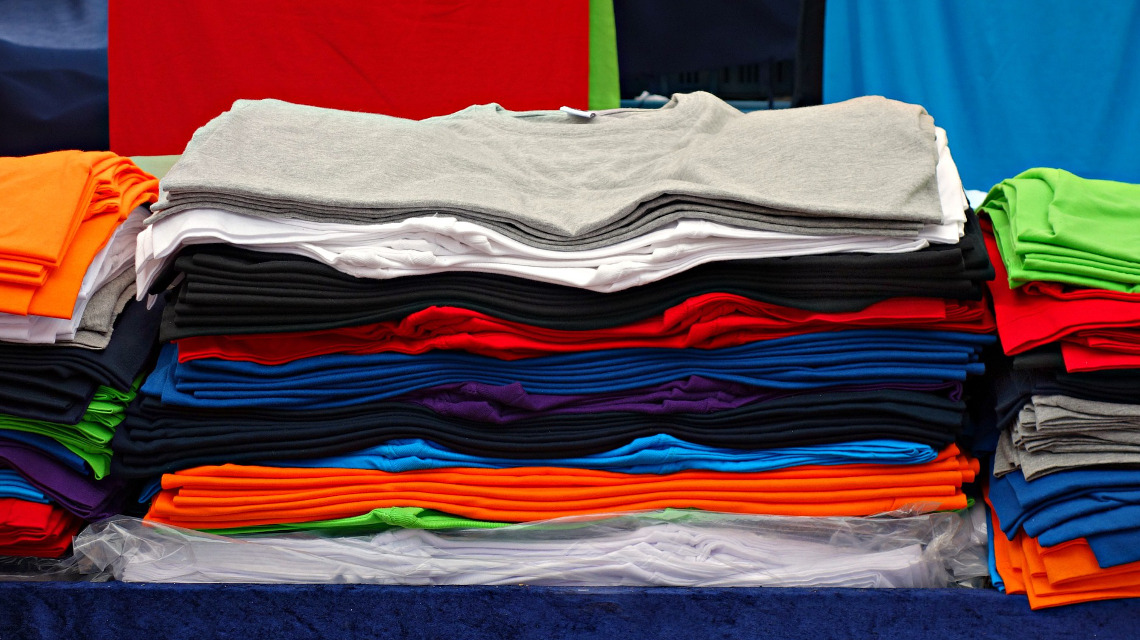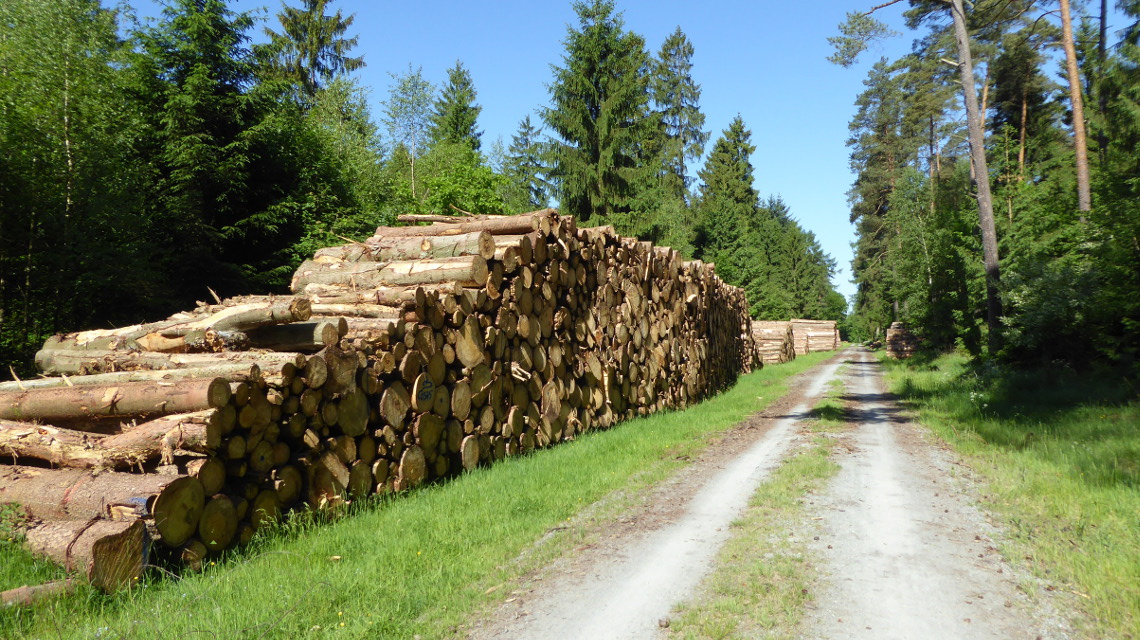T-shirt made from biologically recycled textile waste
After two years of research, the French company Carbios and the textile consortium Fibre-to-Fibre present the world's first garment made entirely from enzymatically recycled plastic and textile polymers.

In Europe, 7.5 million tonnes of used clothing end up in the bin every year. This is according to a study by management consultants McKinsey & Company. According to the study, a maximum of 30-35% of textile waste is recycled. The majority is exported abroad, where it is incinerated or ends up in landfill sites. One reason for this waste of resources is the lack of suitable recycling processes, for example to separate and recycle mixed fabrics made of cotton and polyester fibres.
Sports T-shirt made from enzymatically recycled textile waste
An industrial consortium led by the French biotechnology company Carbios is now using a white sports T-shirt to show that a circular economy is also possible in the textile industry. The industrial partnership founded in July 2022 includes the German sporting goods manufacturer PUMA, the Swiss running shoe manufacturer On, the French sports equipment supplier Salomon and the US outdoor clothing manufacturer Patagonia.
The garment is anything but a normal T-shirt. It was made from enzymatically recycled waste, which, according to Carbios, ‘corresponds to the quality of new fibres’. ‘It may look like an ordinary T-shirt, but the process behind its manufacture is extraordinary,’ says Emmanuel Ladent, Managing Director at Carbios. ‘Fibre-to-fibre recycling is a technological tour de force. Thanks to the collaboration between Carbios and all the consortium partners, we have overcome technical hurdles together to produce the world's first enzymatically recycled T-shirt made entirely from bio-processed fibres.’
According to Carbios, the consortium partners deliberately opted for a plain white T-shirt, as this is the most convincing way of demonstrating the performance of the technology that has made production from mixed and coloured textile waste possible.
Garment made from recycled material can be recycled again
The production of the T-shirt is based on an enzymatic process developed by Carbios. In this process, polyester is broken down into its basic building blocks using enzymes and then reused to produce biologically recycled polyester. According to the biotechnology company, the resulting garments can be reused as a raw material for recycling.
The consortium partners supplied textile remnants and production offcuts for fibre recycling. According to Carbios, the so-called textile waste consisted of materials that are very difficult to recycle using conventional recycling processes - including blended fabrics made from cotton and elastane, as well as dyed textiles.
The enzymatic recycling took place in the Carbios pilot plant in Clermont-Ferrand, which opened in 2021. Here, the used textiles were broken down into their original monomers using biorecycling technology, repolymerised, spun into yarn and later woven into a new fabric by external partners. ‘This shows how seamlessly the Carbios process can be integrated into existing manufacturing processes,’ says the company. The sports T-shirt made from 100% textile waste also meets the quality standards and sustainability requirements of the brand manufacturers represented in the fibre-to-fibre consortium.
First industrial enzymatic PET recycling plant under construction
‘We are delighted to be part of this breakthrough and to set new standards for fibre-to-fibre recycling,’ says Anne-Laure Descours, Head of Product Development and Sourcing at PUMA. ’PUMA has set itself the goal of obtaining 100% of the polyester it needs from textile waste. Today's announcement is an important milestone towards achieving this goal and making our entire industry more circular. We must now continue to work together and ensure that we can scale this technology to maximise its impact.’
Carbios is currently building the world's first industrial enzymatic PET recycling plant in Longlaville, France.
bb


